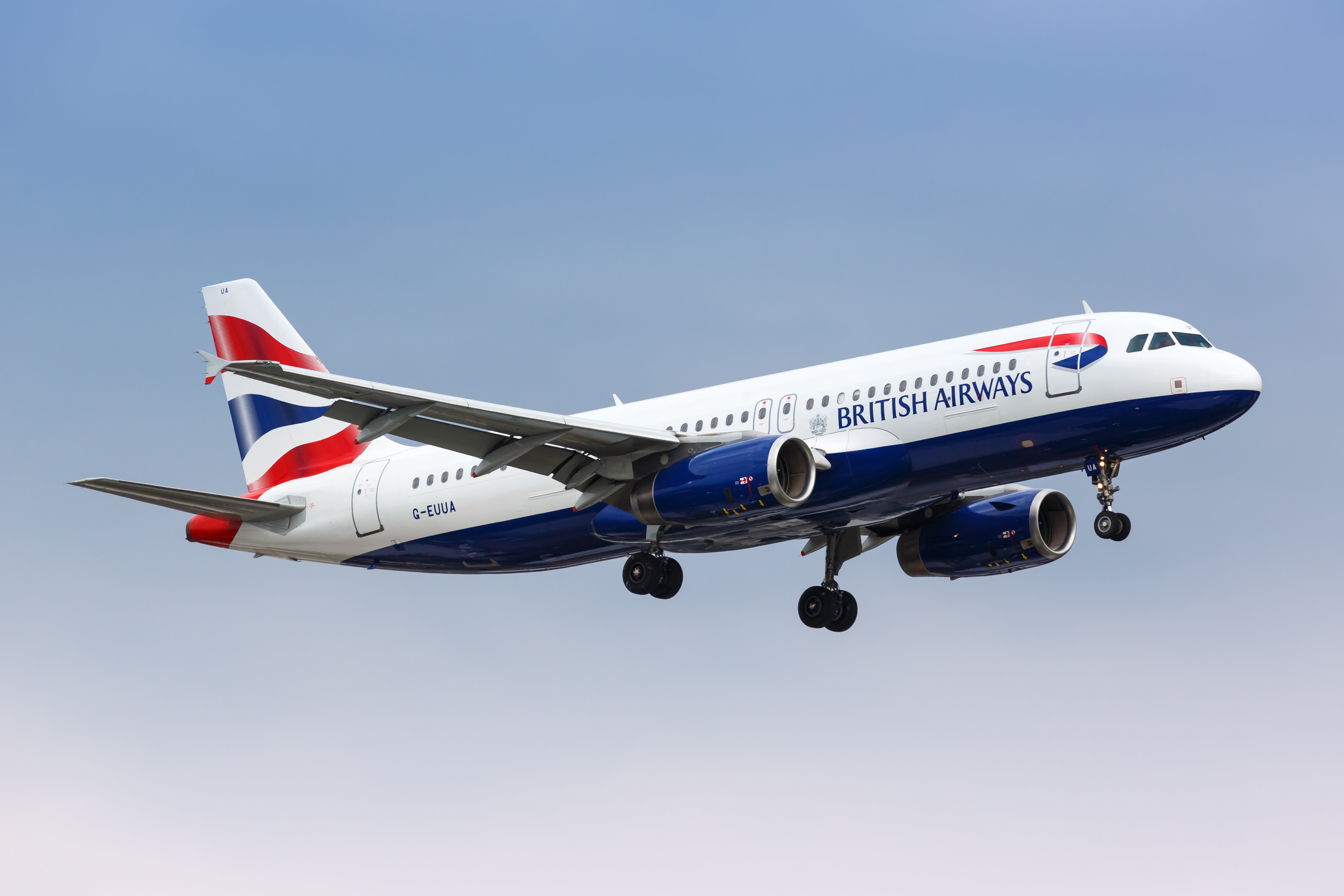Buy British Airways, fly Titan Airways: what is ‘wet leasing’ and why do airlines do it?
Wet leasing, damp leasing and dry leasing – and what they mean for passengers

Once again this year, British Airways passengers may find themselves flying on a different airline to the one they booked.
BA has asked Titan Airways, based at Stansted airport in Essex, to fly on a range of short-haul routes to and from Heathrow in late February and early March.
The destinations are believed to be:
- Athens
- Barcelona
- Geneva
- Lisbon
- Manchester
- Marrakech
- Nice
- Rome
- Vienna
- Warsaw
- Zurich
The arrangement is known as “wet leasing”.
But why does it happen, what does it involve and do passengers have any rights when they learn they are not flying with the airline they expected?
These are the key questions and answers.
What exactly is ‘wet leasing’, ‘damp leasing’ and ‘dry leasing’?
When an airline rents the plane, the pilots and the cabin crew to cover one or more of its flights.
“Damp leasing” means you hire the plane and the pilots, and supply your own cabin crew.
With a “dry lease” you charter only the plane, and supply your own pilots and cabin crew.
Is this sort of thing common?
Yes, in many circumstances wet leasing is a carefully planned exercise, often with planes painted in the colours of the customer. For example:
- In November 1995 easyJet was launched using planes, pilots and cabin crew hired from GB Airways – an airline that easyJet later took over along the way to becoming the giant that it is today.
- Today, Aer Lingus Regional flights between Great Britain and Belfast are operated by Emerald Airlines, an entirely separate carrier from the Irish national airline.
- Also at Belfast, Aer Lingus flights to London Heathrow are actually operated by British Airways.
- In turn, BA will once again bring in planes and crews from outside to fulfil its schedule.
Why should I buy a flight on one airline and find myself travelling on another?
All sorts of reasons. The examples above comprise a good sweep. The reasons are:
- When Stelios Haji-Ioannou wanted to launch a new airline, it was much easier to bring in an existing carrier which has all the licences in place than to start an entire new airline from scratch. As soon as easyJet was at sufficient scale, it acquired its own planes and became a “proper” airline.
- Aer Lingus wants a regional network, but running one at the same time as an all-jet European and North American fleet adds complexity – and may also have industrial relations implications. Easier to find an independent supplier.
- The Irish airline has flown from Belfast to London for many years, but because of Brexit is currently prevented from doing so. Its sibling (in the International Airline Group, IAG) is BA.
- British Airways last year brought in Finnair and Iberia to provide some of its flights, because it did not have the resources to fully cover its usual schedule.
Will I always get warning?
For planned wet-leasing, you should. For example, passengers booked on Aer Lingus flight EI936 from Belfast to Heathrow are told the plane is operated by “British Airways for Aer Lingus (UK)”.
But there are many circumstances when ad hoc wet leasing takes place – typically when an airline has unexpected technical difficulties. Aviation is an operationally uncertain business, and airlines may have to turn to an “ACMI” (aircraft, crew, maintenance and insurance) provider at short notice. For example, I have bought Ryanair and flown Air Arabia while Wamos Air of Madrid operates Airbus A330 planes on behalf of a range of airlines – including Tui, Britain’s biggest holiday company.
Can I refuse the option offered?
In most circumstances, not without losing the right to fly. Tui makes clear its right to substitute a different aircraft. Its terms and conditions say: “Aircraft type can change and some facilities such as entertainment or advertised seat pitch may not be available.”
The only exception is for people who have paid for premium seating such as an emergency exit row: “If we can’t provide a seat option, we’ll refund the price you paid for that option.”
But British Airways goes one step beyond. The airline says: “A small number of our European flights will be operated by Titan Airways in February and March. Customers on these services will receive the same Club Europe and Euro Traveller experience as planned or can choose to move to another British Airways service to the same destination.”
Is wet-leasing the same as code-sharing?
No. The two practices are broadly cousins. Code-sharing means, for example, Virgin Atlantic applying a VS flight number to a Delta Airlines departure or vice-versa, purely to make it look as though both airlines have bigger route networks and higher frequencies than they actually do.
Join our commenting forum
Join thought-provoking conversations, follow other Independent readers and see their replies
Comments
Bookmark popover
Removed from bookmarks